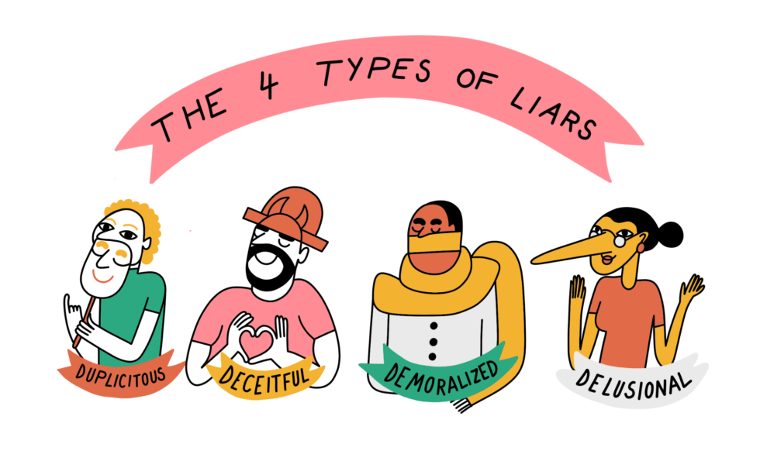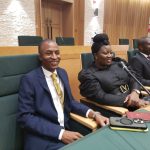 According to fact checkers, Donald Trump made more than 30 000 false or misleading claims during his presidency. That’s around 20 a day. But, according to several opinion polls during his presidency, around 75% of Republican voters still considered Trump to be honest.
According to fact checkers, Donald Trump made more than 30 000 false or misleading claims during his presidency. That’s around 20 a day. But, according to several opinion polls during his presidency, around 75% of Republican voters still considered Trump to be honest.
It seems incredible that a serial liar – whose biggest lie about the 2020 election results led to a violent insurrection and nearly brought American democracy to its knees – is still considered honest by so many people.
We began to tackle this question in a recent article that examined the political discussions of all members of the US Congress on Twitter between 2011 and 2022. To do this, we analysed nearly 4 million tweets. Our approach was based on the idea that people’s understanding of “honesty” involves two distinct components.
One component can be referred to as “fact-speaking”. This form of speech relies on evidence and emphasises veracity and seeks to communicate the actual state of the world. Most of us probably consider this an important aspect of honesty. By this criterion, Donald Trump cannot be considered honest.
The other component can be referred to as “belief-speaking”. This focuses on the communicator’s apparent sincerity, but pays little attention to factual accuracy. So when Trump claimed that the crowds at his inauguration were the largest ever (they were not), his followers may have considered this claim to be honest because Trump seemed to sincerely believe the claim he was making.
Healthy political debate involves both fact-speaking and belief-speaking. Political ideas often cannot be contested based on facts alone, but also require beliefs and values to be taken into account.
But democratic debate can be derailed if it is entirely based on the expression of belief irrespective of factual accuracy.
One of Trump’s senior advisers, then US counsellor to the president, Kellyanne Conway, coined the phrase “alternative facts” in order to back her boss by persisting with the falsehood about the largest inauguration crowd. This allowed viewers to choose whose “facts” to accept.
Within two years Trump’s senior lawyer and adviser Rudy Giuliani was insisting on national TV that “truth isn’t truth”. He was defending Trump’s feet-dragging over submitting to an interview with special counsel Robert Mueller and the likelihood that Trump’s testimony would conflict with sworn testimony offered by another witness.
These are examples of an extreme form of belief-speaking that goes beyond the bounds of conventional democratic debate.
We wanted to know the extent to which either belief-speaking or fact-speaking have become more prevalent in political speech, in this case in Twitter posts by Republican and Democrat members of the US Congress since 2011. To do this we set up and validated two “dictionaries” that captured those two components of honesty. To capture belief-speaking, we used words such as “feel”, “guess”, “seem”. To capture fact-speaking we used words such as “determine”, “evidence”, “examine”.
Continued next page
(59 VIEWS)

